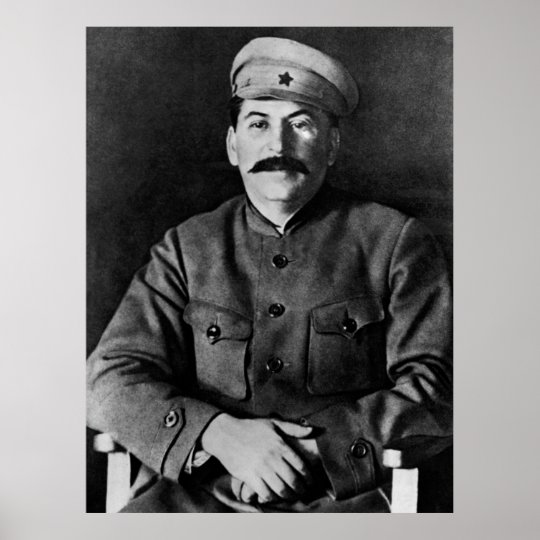
Peter Baker, the chief White House correspondent for the New York Times and Susan Glasser, a staff writer for The New Yorker have written an engrossing biography of James Baker III, a man whose impact from 1976 through the election of 2000 can not be denied. The book’s range is impressive as the authors describe a childhood under the thumb of a father whose nickname was “the Warden.” As an adult we witness the death of his wife from cancer at a young age and a remarriage that merged two families resulting in eight children, a number of which experienced numerous problems including drugs and alcohol. Baker would give up the practice of law in Texas and move on to a political education in Washington, D.C. that produced lessons that stressed how to accumulate power and brook no opposition as he managed political campaigns, served as Chief of Staff to Ronald Reagan as well as Treasury Secretary, and Secretary of State under George H. W. Bush. Based on his resume it is obvious why the authors titled their book, THE MAN WHO RAN WASHINGTON: THE LIFE AND TIMES OF JAMES BAKER III.
Baker and Glasser employ the tools of investigative reporters in addition to those of a historian. They have an excellent command of the written word and have the ability to present their narrative and analysis in a deeply thoughtful manner. Baker is the author of books including DAYS OF FIRE: BUSH AND CHENEY IN THE WHITE HOUSE; THE BREACH: INSIDE THE IMPEACHMENT AND TRIAL OF WILLIAM JEEFERON CLINTON, and an excellent biography of Barack Obama entitled OBAMA: THE CALL OF HISTORY. Glasser is the author of COVERING POLITICS IN POST TRUTH AMERICA, and co-authored with Peter Baker, KREMLIN RISING: VLADIMIR PUTIN’S RUSSIA AND THE END OF REVOLUTION. For those unfamiliar with the work of the author’s they are in for a treat.
Baker is one of the most consequential political figures of the last quarter of the 20th century. He seems to have been involved in most issues and policy decisions of the period ranging from managing successful presidential campaigns, gaining passage of the Reagan tax cuts, the reunification of Germany, the end of the Soviet Union as we knew it, the removal of Saddam Hussein’s army from Kuwait, and heading the legal team that resulted in the election of George W. Bush as president in 2000. Each of these topics is explored in depth as the authors delve into the personalities involved, their political agendas, and the historical impact of each decision as events played out.

Two themes that dominate the narrative and analysis is how Baker earned the nickname the “velvet hammer,” and his relationship with President George H.W. Bush. The nickname itself as the authors develop is based on Baker’s approach to achieving power, control, and at times domination of any given situation. He comes across as a smooth, sweet talking Texan, but in reality, he played hardball whenever he felt it was necessary. He cut his teeth on the campaign trail, the in fighting that dominated the Reagan administration, and achieving legislative victories. His approach in the domestic area can also be seen in his conduct of foreign policy as he sought to impose his will on those who opposed him and, in many cases, it seemed as if he was president, not the then occupant of the White House.
The second theme rests on Baker’s friendship with President Bush. The two developed a decades long friendship from the time they met at a Houston Country Club in 1961. Baker earned the imprimatur of Bush and when he spoke or negotiated everyone knew he was speaking for the President, or earlier the Vice-President. The authors do an excellent job describing their relationship which rested on a similar outlook, a close personal bonding that witnessed numerous vacations together in addition to policy decisions. Baker was artful in at times manipulating Bush to achieve his aims and periodically the president grew resentful of his friend to the point that Barbara Bush never really warmed up to Baker and at times did not trust him until later in life.
Baker did not become the ultimate insider because of any fervent ideology, though he described himself as a conservative Republican. However, more so than anyone of his generation he figured out how to employ the levers of power. Today, in an era of extreme partisanship, “deals” are seen as a sign of weakness, but for Baker compromise to achieve an end, diplomacy, and raw power were his mantra. One of Baker’s talents rested on how he cultivated Congress and the press, which he did assiduously. He realized that power was in part perception and he did more to create that perception than any of his peers.

(Soviet Secretary General Mikhail Gorbachev (L) and Soviet Foreign Minister Eduard Shevardnadze in 1986 as they arrive in Iceland for talks with President Ronald Reagan)
As the Cold war concluded, Baker had the skill set that fit the era whether developing a close working relationship with Soviet Foreign Minister Edvard Shevardnadze or initiating bureaucratic intrigue to achieve a domestic goal in the Reagan and Bush administrations. When Baker made a promise, he earned the reputation of being able to deliver because of his relationship with Reagan and Bush and his own negotiating abilities. Never in American history did a president and Secretary of State enjoy a genuine friendship before entering office. Baker learned to operate in a political environment by employing his skill set, a skill set that was highly successful and current politicians would do very well if they would emulate him as he is best described by the authors as the “un-Trump.”
As successful as Baker was as a political insider and practitioner of power the authors develop his family history which is not one that one should emulate. He left it to his second wife to take care of the family as he worked twelve hours a day on domestic issues and once, he became America’s chief diplomat traveling thousands of miles each year. The children of both marriages had difficulties integrating and there were numerous conflicts which would lead to difficult issues that needed to be faced, and for the most part he was absent.
The authors develop numerous scenarios that reflect Baker’s talents as a politician and negotiator. He believed that there was no way to achieve 100% of one’s goals in any negotiation and was happy to obtain 75% or any percentage that he believed would deliver most of what he hoped to achieve. This can be seen during the Reagan administration when he outmaneuvered the likes of Alexander Haig and Edward Meese on numerous occasions, as he worked with Democrats to save Social Security when Republicans were obstinate, or negotiating the Reagan tax cut with Democratic Speaker Tip O’Neill. In all areas Baker seemed to have a superb instinct at “self-preservation,” be it dealing with the stock market crash in October 1987, his reaction to the Tiananmen Square massacre in China, or leaving US Ambassador to Iraq April Glaspie out to dry in the lead up to war in the Persian Gulf in 1991. The authors point out that Baker was a realist and argued against the ideologues in the Reagan administration particularly as it related to policy in Central America as he did his best to avoid the stain of Iran-Contra, again his antenna knew when to back off or proceed with a certain policy – it seemed he always knew which way the wind was blowing.
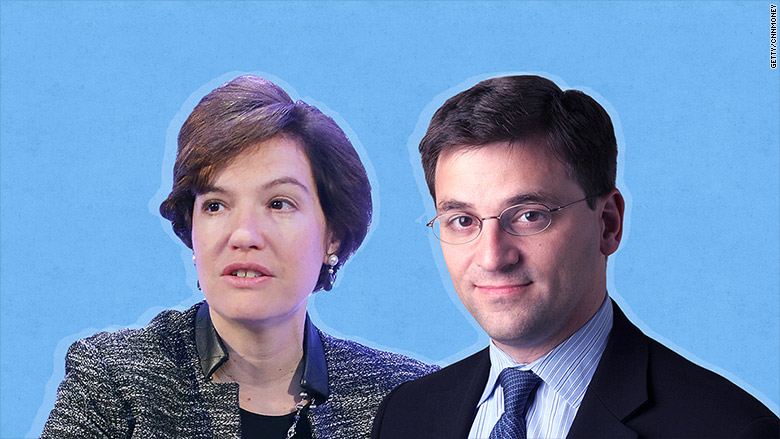
Baker’s pragmatic and realistic approach is also seen as he worked to allow Mikhail Gorbachev a semblance of comfort as his country was collapsing. Baker realized that the Soviet President had to deal with his own hard liners in the Kremlin and as he was wont to do would make subtle agreements behind the scenes that never became public. Baker had an extremely hard edge to him as the Israeli government realized after the United States and its coalition removed Iraqi troops from Kuwait in 1991. Baker had used the promise of negotiations between Israel and the Palestinians as a lure to convince Egypt, Syria, and Saudi Arabia to join his coalition against Saddam. After the war Baker pressured Israeli Prime Minster Yitzchak Shamir, who he disliked intensely withholding promised funding and loans to finance the hundreds of thousand of Soviet Jews who were immigrating to Israel at the time. The end result was the Madrid Peace Conference which later impacted the signing of the Oslo Accords.
Baker long sought to be considered a statesman not just a fixer or dealmaker. However, the authors argue that he had no grand plan domestically or in foreign policy, but he had the knack of bringing people together and finding pragmatic ways to paper over disagreements. The end result, no matter what Baker engaged in, solutions resulted. Part of this success rests with a group of individuals that Baker and Glasser label the “plug-in unit,” a small group of aids that worked with him in the Reagan and Bush administrations. They included Margaret Tutwiler, who handled the press and Janet Mullins, Robert Zoellick and Robert Kimmitt who handled policy. Interestingly, the authors point out that though they worked closely together for years, Baker showed no interest in them as people and maintained a personal distance even among his most loyal staff.
Baker’s achievements did not come without some “black eyes.” Baker would work with Lee Atwater a Republican firebrand who did not find a dirty trick that did not interest him. The authors stress his role in the Willie Horton commercials in the 1988 presidential campaign against Michael Dukakis and Baker seemed to have no problem with it, in addition to his failures in dealing with the breakup of Yugoslavia and the ethnic and religious violence that ensued. His approach in 2000 is typical. When Al Gore’s spokesperson Warren Christopher proposed that the two sides work out a solution, Baker’s position was clear, no negotiations, Bush was president according to the Supreme Court.
Baker and Glasser had unfettered access to Baker and many of the key characters from the period. Their numerous interviews will not be repeated down the road by future historians, and their insider access and command of primary and secondary materials is evident. The authors do not fall into the trap of hagiography and have written a superb book that is easily the seminal work on James Baker III, and probably will remain so for years to come.
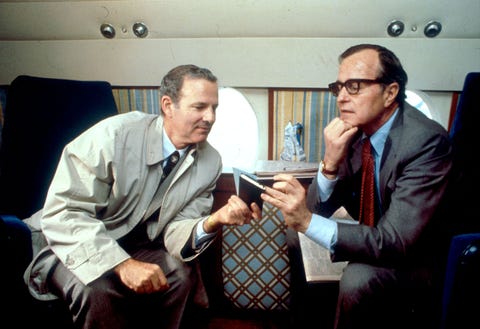



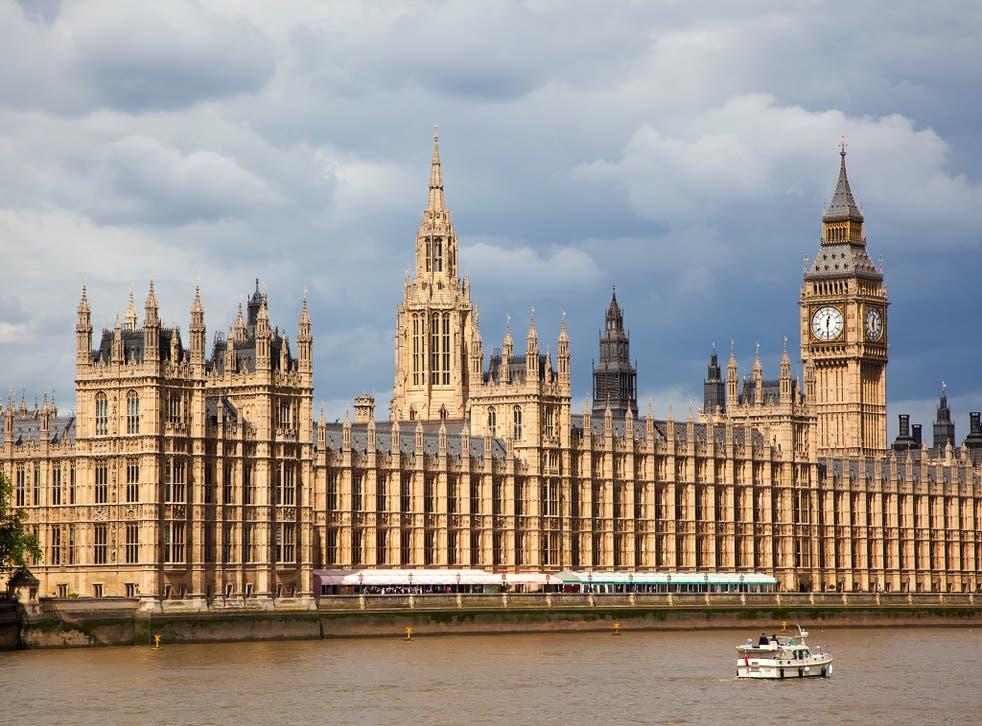

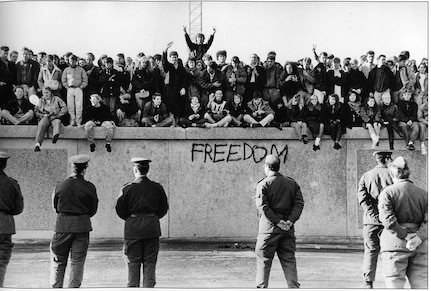

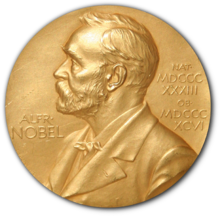
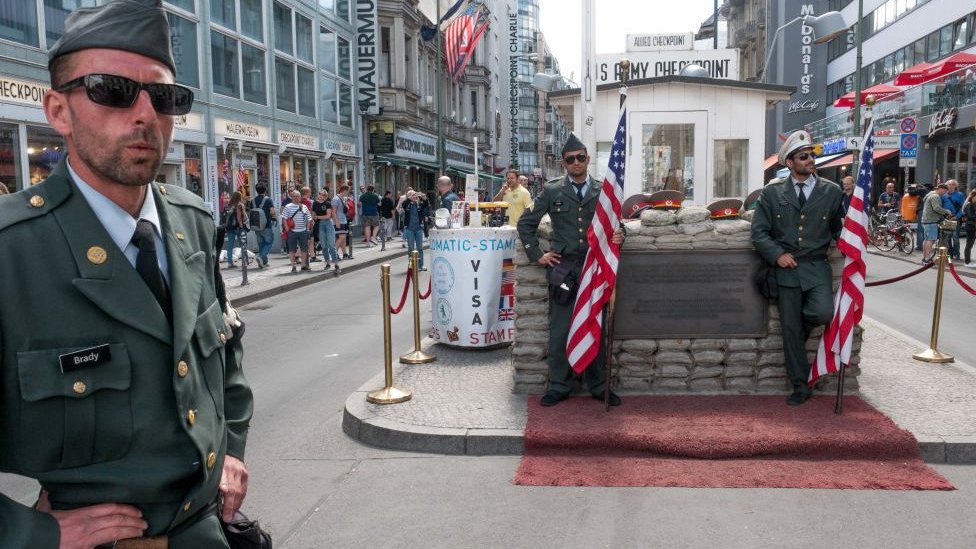


:max_bytes(150000):strip_icc():format(webp)/116249935-56a3a0693df78cf7727e4359-eec97e8242194be2a7b5833842040b43.jpg)

